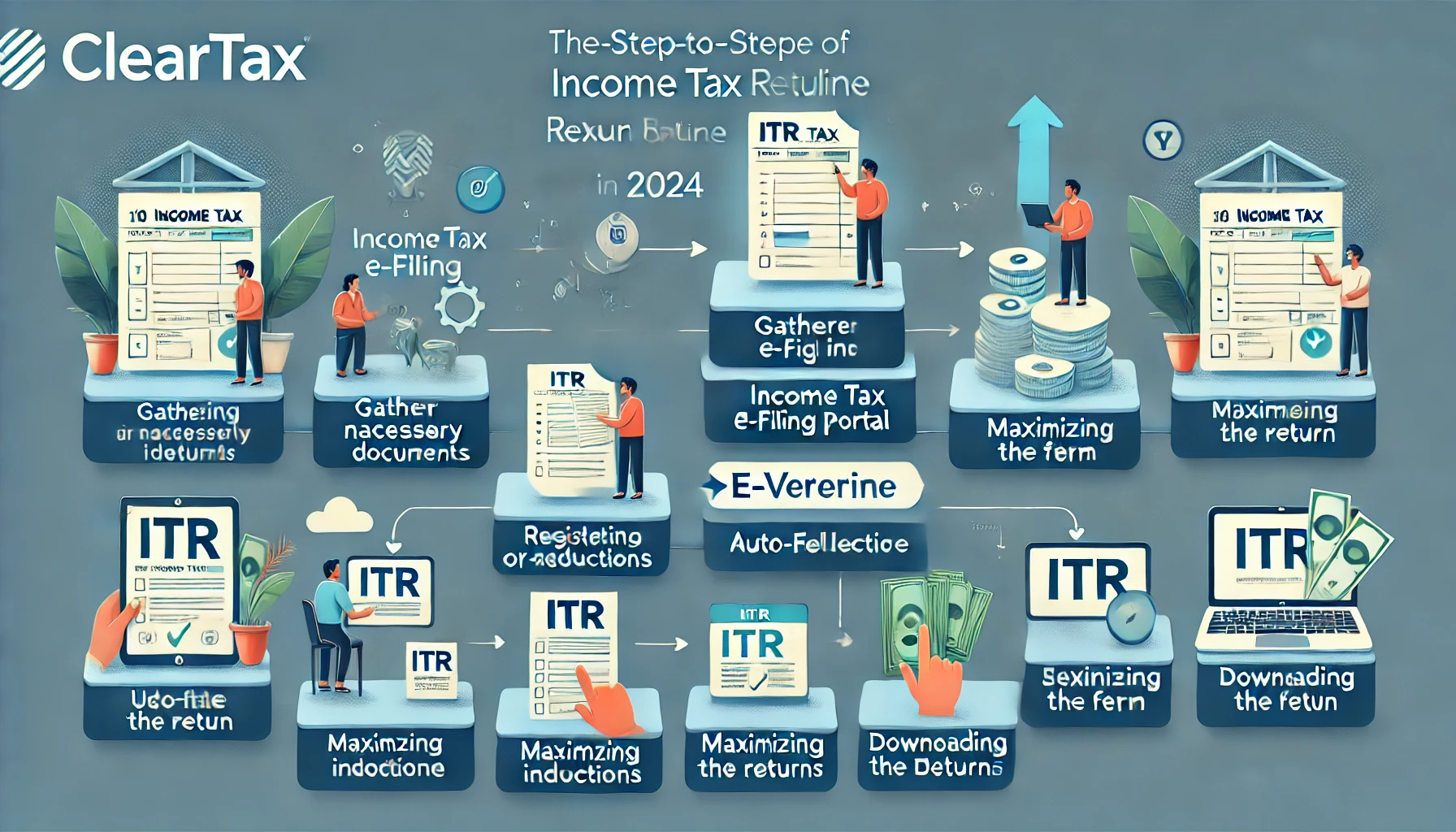AI in Investing India: How Machine Learning is Changing the Game for Retail Investors
Last Updated: 12/05/2025 | by Amit Sharma

AI in Investing India: Revolutionizing Wealth Creation
The financial world is being rewritten by Artificial Intelligence. AI in Investing India now powers everything from robo-advisors to personalized stock recommendations. For the average investor, this means data-backed decisions, reduced emotional biases, and quicker rebalancing.
What is AI-Based Investing?
- Algorithms process years of historical market data
- Natural language processing (NLP) reads news, tweets, and reports
- Machine learning identifies patterns that humans often miss
Real Use Cases in India
- Groww and INDmoney use AI to recommend mutual funds
- Zerodha’s “Console” provides portfolio insights
- Smallcase uses AI themes like Electric Mobility and ESG investing
Cautions to Note
- Results depend heavily on model accuracy and training data
- No AI is foolproof; black swan events can crash even AI-optimized portfolios
FAQs
- Is AI investing reliable in India?
— Yes, for supporting decisions. Don’t blindly follow predictions - How to start with AI-based investing?
— Use trusted platforms like Zerodha, Groww, or INDmoney - Is AI legal in Indian finance?
— 100% legal, provided data privacy and SEBI regulations are followed

As the Lead Analyst at Invest With Bull, Amit Sharma bridges the gap between complex banking regulations and your wallet. With a core focus on Credit Card Arbitrage and BDA Real Estate, Amit provides the data-backed analysis that salaried professionals need to maximize returns and minimize interest. He is dedicated to building financial literacy through unbiased, actionable research.
RELATED POSTS
View all



